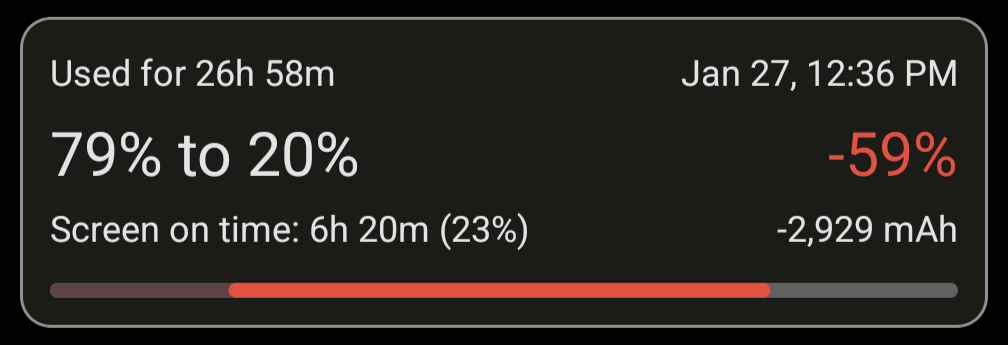You know, as time passes I get the feeling that this "space of externalities >>> the market space" might indeed be the case, or otherwise put that the free market fails to allocate resources efficiently more often than it succeeds. I just don't know if there's any empirical evidence for it and therefore I didn't want to add much of my opinion. Just the mainstream economic view of externalities coupled with a few obvious and massive examples like climate change paints a decent picture.
Do you know of any analysis that tries to compare the space of externalities vs the space of the market?




They should. If their socioeconomic system truly is more people-oriented than the western and given its size, then this would be a great showcase.